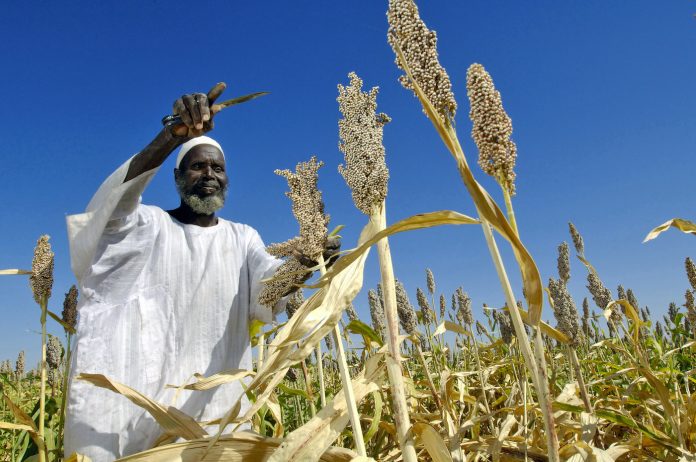Industrialized farming has been a reliable way to produce lots of food, at a relatively low cost. But it’s not the bargain it was once believed to be. Unsustainable agriculture can pollute water, air and soil; is a source of greenhouse gas; and destroys wildlife – an environmental cost equivalent to about US$3 trillion every year. The use of chemicals and antimicrobials can have adverse health effects and lead to resistant infections. And to top it all off, our production and consumption habits have been linked to the emergence of zoonotic diseases, such as COVID-19.
To mark World Food Day on 16 October, we take a closer look at sustainable agriculture – how it can help reduce our environmental footprint, improve our health and even create jobs.
What exactly is sustainable agriculture?
It is farming that meets the needs of existing and future generations, while also ensuring profitability, environmental health and social and economic equity. It favours techniques that emulate nature–to preserve soil fertility, prevent water pollution and protect biodiversity. It is also a way to support the achievement of global objectives, like the Sustainable Development Goals and Zero Hunger.
Does sustainable agriculture really make a difference to the environment?
Yes. It uses up to 56 per cent less energy per unit of crops produced, creates 64 per cent fewer greenhouse gas emissions per hectare and supports greater levels of biodiversity than conventional farming. Read more…



